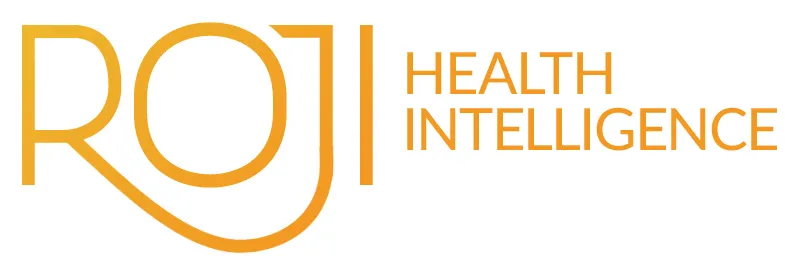Hoping to safeguard survival under financial risk, health care providers are courting a contentious issue: how patients select primary providers. During the HMO heyday , health care risk economics depended on patient selection of primary providers as part of coverage selection that “locked” them into those PCPs and their referral networks. PCPs operated as gatekeepers […]
Roji News Roundup: Fall 2019 Edition
In a range of recent industry publications, Roji Health Intelligence CEO Terry Hush shares her insights on the latest moves by CMS and health care trends: Are Value-Based Models Helping or Hindering Care Delivery for Primary Care Providers AJMC Managed Markets Network, October 10, 2019 This article by Jaime Rosenberg summarizes Terry’s presentation at the […]
How Physicians Can Navigate to Get Better Value from Specialty Services
In recent articles, we’ve discussed how Value-Based Health Care must help consumers make good decisions. Equally as important, CMS is now emphasizing how physicians should serve as navigators for their patients, providing information and guidance. Let’s take a closer look at how the triad of primary care physician, specialist consultant, and patient can effectively engage […]
Will “Value” Help Consumers Choose?
In the emerging days of Value-Based Health Care (VBHC), “value” was defined by quality, cost, and experience of health care for patients—the “Triple Aim.” The movement’s initial defining goal: patients should be able to access high value health care services that improved outcomes, to get value for their dollars. Likewise, employers and other purchasers deserved […]
How Should Primary Care-Centric Physician Practices Choose A Path to Risk?
It’s an urgent question for most practices: How should physicians participate in value-based reimbursement? Traditional Medicare is moving assertively to physician payment models that include capitation and ceilings on spending, with revenue risk tied to patient care costs. Without a doubt, primary care practices are bearing the brunt of risk-based reimbursement. With the exception of […]
Five Actions ACOs Should Take Now: Takeaways from Proposed CMS Rulemaking
Last week CMS released a proposed rule addressing revisions in the Physician Fee Schedule (PFS) and the Quality Payment Program (QPP), along with a few other matters. Of 1,704 pages, only about 20 addressed ACOs issues directly. But ACOs should take a holistic approach to reading this proposed rule, as well as the proposed Outpatient […]
Can ACOs Survive the Complicated New Landscape in Medicare Risk?
What a difference a year makes. In Spring 2018, many Accountable Care Organizations (ACOs) pondered a walkout over Medicare plans that included downside risk in ACO financials. Nonetheless, CMS finalized its plans to make provider risk a reality for all ACOs in its Pathways to Success overhaul of the Medicare Shared Savings Program (MSSP). ACOs’ […]
Can Medicare Primary Care Risk Models Work in Today’s Practice Environment?
There’s now no doubt that Medicare is eager to move forward with Value-Based Health Care and risk-based reimbursement. CMS has rolled out major changes to make Accountable Care Organizations (ACOs) risk-bearing and add attractive benefits to capitated Medicare Advantage plans. Add to that two new classes of Primary Care Risk Models that introduce risk-based reimbursement […]
Can Provider Risk Cure High Medical Costs?
Fee-for-Service (FFS) has been on a slow march toward risk-based reimbursement for two decades. But FFS has proven to be remarkably resilient—until now. In the last six months, Medicare has doubled down on creating new provider risk models for ACOs, specialists and primary care physicians. All of them have methods to ensure that providers are […]
How Will New Primary Care Models Affect Providers in VBHC?
Embraced by some provider groups and disparaged by others, CMS’s five new payment models for practices focused on primary care include much to consider. All reflect a key departure of Medicare’s Value-Based Health Care (VBHC) efforts to date: they are direct efforts by Medicare to transition physician practice revenues to risk without the necessity of […]










